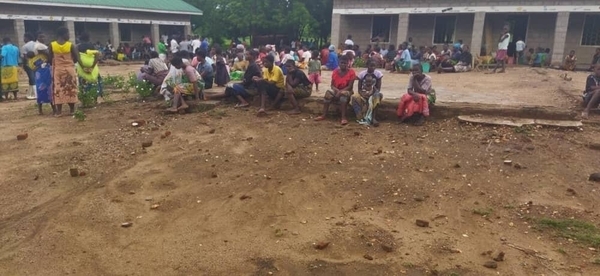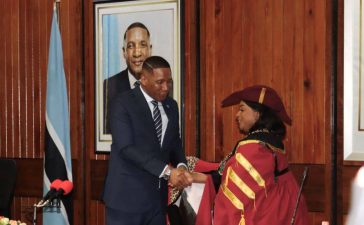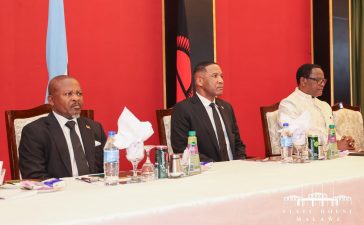BY BLAIR MHONE
As one way of easing the suffering of affected households from floods as a result of Tropical Cyclone Ana, UNICEF has provided life saving Water, Sanitation and Hygiene (WASH) supplies, including items for personal hygiene and water treatment chemicals to approximately 15,000 people in Chikwawa and Nsanje districts.
According to a press release by UNICEF Communication Officer Rebecca Phwitiko, an additional batch of supplies including mobile toilets, buckets, soap and recreational kits for children has been dispatched.
The release continues that UNICEF has also supported the rescue mission using a boat operating in the Nsanje district.
“The storm has damaged 19 health facilities destroying medicines and cold chain equipment.
“Houses have been destroyed, leading to the displacement of families seeking temporary shelters. Water and sanitation facilities have either been destroyed or submerged, potentially polluting water sources and increasing the risk of water and sanitation-related disease outbreaks,” reads part of the release.
Meanwhile the Department of Disaster Management Affairs DODMA is currently leading an assessment of the extent of the damage and immediate needs.
According to Phwitiko, UNICEF is participating in the assessment, supporting WASH, education, protection, nutrition clusters, and health and logistic teams.
The development also coincides with UNICEF Regional Director for Eastern and Southern Africa Mohamed Fall who is in Malawi for a week long visit and visited some of the affected people in camps.
“The destruction of water and sanitation facilities puts children and their families at risk of waterborne diseases such as cholera. We will continue to support communities, schools, health-care facilities and public spaces by collaborating with partners to ensure the needs of even the hardest-to-reach families are met,” he said.
“The risk of violence including sexual abuse and exploitation as well as separation of children from their caregivers is real in humanitarian emergencies. Already three cases of separated children have been reported in Chikwawa. We are working with the Government of Malawi to provide protection services for prevention and response to violence in the temporary shelters through the protection cluster,” added Fall.
UNICEF has also been sharing protective and preventive messages to mitigate the storm’s impact through national and community radios.












